The trouble with Sensory Processing Disorder is that it seems to be quite a new term here in the UK. Unless things have changed, then there isn’t actually a diagnosis for it either. What is happening though is that the new DSM-V (which is used as a sort of checklist to diagnose) is that sensory issues are being added to the criteria for those on the Autistic Spectrum (as of course Asperger’s Syndrome no longer exists).
First of all I am no expert on Sensory Processing Disorder. In fact the term was never mentioned when I took my Bsc (Hons) Psychology degree over a decade ago. What I am is a mother who is passionate at understanding her child(ren) and finding the best ways I can support them. My son (The Sensory Seeker) is now 6 years old (this was published in May 2015) and through the right support has come on in leaps and bounds.
What Support is there for Sensory Processing Disorder in the UK?
Education Health Care Plan
First of all I saw the Health Visitor when The Sensory Seeker was approximately 2 and half years old. He then performed a test that showed our son had a Global Developmental Delay and explained that I could request a Statement of Special Educational needs myself (this has now changed to an EHCP – Education, Health and Care Plan). The Sensory Seeker was awarded full time one to one support on the basis of his needs. He did not have any sort of diagnosis in place at all. In fact we were really at the start of our assessment processes.
Financial Help for Sensory Processing Disorder UK
I applied for Disability Living Allowance. He was awarded within 3 weeks of sending off the paperwork. Again he had not received any diagnosis and he did not have his Statement in place. I did send in supporting documentation and explained what his difficulties were and how it meant that he was at a disadvantage compared to his peers. You can find out more about Financial Help here.
Understanding Sensory Processing Disorder
We actually believed The Sensory Seeker to be on the Autistic Spectrum so went to see a Paediatrician. It was then that we first heard of Sensory Processing Disorder. The Sensory Seeker had just met her for the first time and we had to try to stop him from touching everything in sight (including rubbing his hands on the Paediatrician’s shiny tights!). We were then recommended some books to read which were incredibly helpful. One I definitely would say is a must read is The Out of Sync Child. Although there is no official diagnosis, the Peadiatrician did write on correspondence that he has Sensory Processing Disorder.
Read more about Understanding The Sensory Seeker
lick each of the below to find out more about each sense:
The Auditory Sense (Hearing),
The Visual Sense (vision/seeing),
Proprioception (Sense of body position, from information received through the muscles, and joints – force, speed and control).
Vestibular Sense – Movement and Balance/Gravity
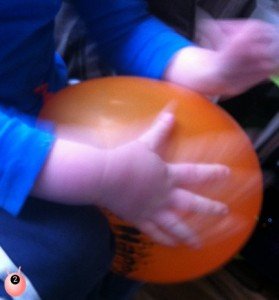
Tactile (touch)
Gustatory (taste)
Olfactory (smell)
Interoceptive (covering temperature)
Occupational Therapy
We were then sent to Sensory Processing Disorder parent workshops where we were explained Sensory Processing Disorder in more detail, including day-to-day difficulties such as teeth brushing, hair washing, eating, wearing clothes, etc – and ways that we could help identify our individual children’s needs and help them. There were several occupational therapists available and they also had some tools (squeezy toys, weighted blankets, etc) that we could look at and consider if they may help. We were also sent e-mails on this information and had the opportunity to ask questions.
Support in Education
Staff at his playgroup said that they had no concerns at all with him. This was hard because he had so many obvious needs that I didn’t even feel the need to write a list! This was coupled with some issues around the times of his sessions and so we moved him to a new playgroup.
The new playgroup were phenomenal and really helped – including all they could to not only support him whilst he was there, but in securing his Statement of Educational needs.
Initially he was going to go to the same school as his brothers, the one attached to his playgroup. But the Head teacher at the school made comments about him lashing out (when he hadn’t) and that they thought it best he went to a special school. Among other things . At this point I got really low and needed support – all they said was how I wasn’t coping. This is when we removed our children who were currently at this school to another one.
We were really lucky this happened though because the mainstream infant school where The Sensory Seeker went was a fantastic source of support. I think we were very lucky because his Statement did not cover the additional help he needed and received at that time ( his Statement is for 17 1/2 hrs a week). He was still delayed but was making an excellent job of progressing.
Unfortunately the transition to a different school for his junior years wasn’t as productive. They ignored my opinions and told us he was doing well. He was home educated only because his brother wanted to be – and that’s when we discovered the damage that this school had done.
He returned to education really well and we are really happy with his secondary school.
They, and us, have also had support from the Teaching Advisory Service and Educational Psychologists.
Speech and Language
Speech and Language Therapy helped him a great deal – but I think it depends again on the therapist. I personally wasn’t happy with the first one – not because she wasn’t helping him move forward in speech and language but that she would not listen to me about his additional needs.
Online Support
Last but no means least, is the internet. There are several webpages (such as this one) & Facebook groups. And not forgetting that this has also been how we have found out about the many Relaxed Performances that have meant that The Sensory Seeker, and others like him, can enjoy shows that may have otherwise been too much.
If you think your child has Sensory Processing Disorder << read more there.
There are many topics regarding Sensory Processing Disorder on this blog just use the search bar. If you cannot find something then drop me a line (pinkoddballs@hotmail.co.uk), catch me on Social Media (@Pinkoddy), or leave a comment on one of the pages or posts.

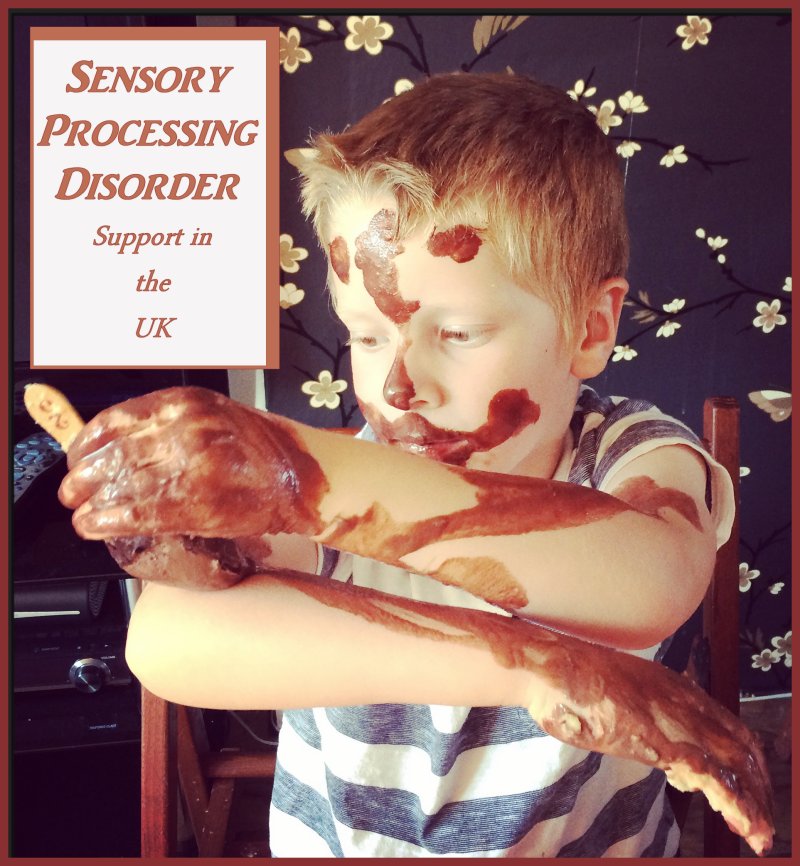
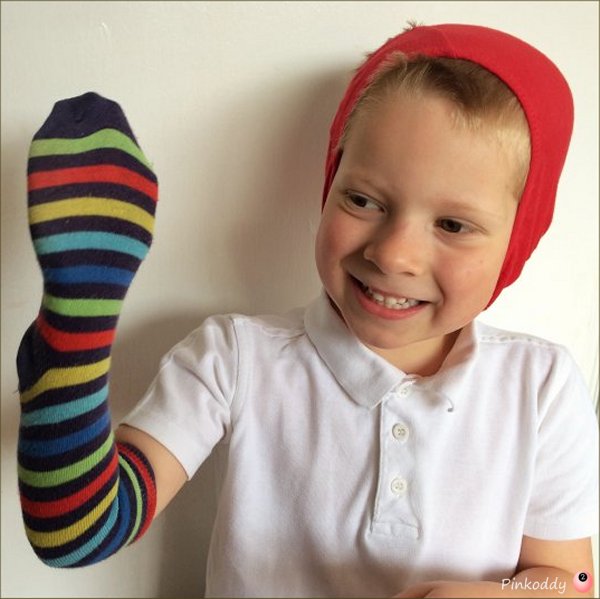
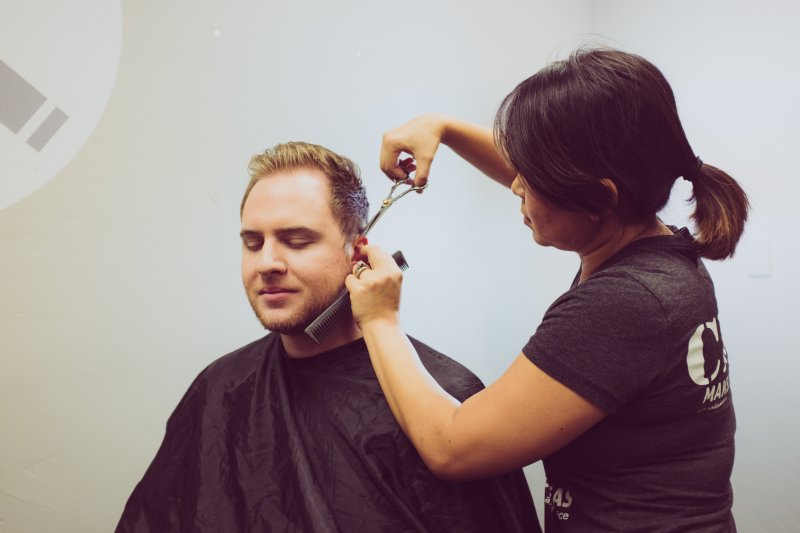
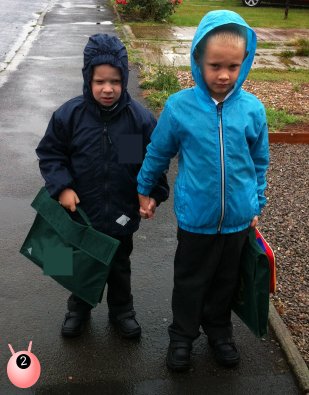
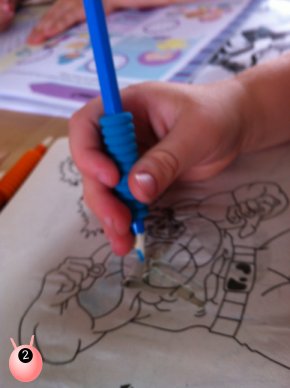
Hi There,
I am 21 and have had sensory processing disorder since I was a baby. I have just started a new blog: https://21andsensory.wordpress.com to help other adults and teenagers with sensory problems.
I find your website very useful!
Thanks
My 30 year old daughter has just started exhibiting SPD symptoms with touch and sounds. Is it possible to develop this when not a child? Her doctor has told her its in her head and wants her to take diasipam which she refuses.
I am no expert on the subject and just sharing my experiences. Could it be that they have always been there but she has managed to cope with them but now something has changed? I can’t see why it couldn’t be discovered in adulthood as autism is and they are closely connected. Good luck with it all.
I am a 38 year old adult and developed a lot of these symptoms suddenly about a year ago. They affect my life every day. Some days are better than others. I have other symptoms too. Im under neurology and have been given the diagnosis of Chronic Silent Migraine. For me Silent migraine makes me hypersensitive to sound / light etc. Maybe she has this too? I’m receiving treatment for the above and my symptoms are better than they were. I have had to adjust my life a lot though ( can’t go to the cinema / avoid noisy places etc etc)
Sorry to hear you are suffering. Have you spoke to anyone regarding sensory processing disorder? Have you tried the relaxed performances that cinemas have on offer too?
Hi im 45 yrs old i have Tourette’s, ADHD, OCD, ODD but its the SPD that makes every part of my life a living hell
my senses are of the scale and my senses are under attack 24/7 i even have to leave my house when my nighbours use appliances
I am now involved at the University helping to teach Occ therapists, psychology and mental health students to understand the complexity of my many conditions
unfotunately for me it seems my conditions together seem to amplify each other
Also i am not allowed to try any meds as i have had bad reactions so its living in dark glasses headphones and running from noises.
I am really sorry to hear of your struggles but it is really good that you are able to try to explain to professionals so that they may help others.
Does your neighbour understand your conditions? Do they warn you before they use their appliances?
Hi, I wonder if you can help. I am currently study a MA in special educational needs and inclusion. I am focusing my essay on sensory processing disorder for children with ASD. I am looking to into incorporate specific policies or guidelines which focus on these needs. I so far haven’t found any. If anyone know of any please let me know.
Many thanks
Jess
Hi Jess
Sounds an interesting MA but not am afraid I am not entirely sure what you are asking.
Kind Regards
Joy
Hi, I’m feeling relieved to read that there are professionals in the UK whom recognize Sensory Processing issues in adults. Like you mentioned, it is not recognized as a stand alone diagnosis here in the UK. I’ve been given an assessment tool by an O.T. whom was part of the Adult Autism Team, which indicates Sensory Processing Disorder. Even though the O.T. can assess, she is not in a position to diagnose – apparently only a psychiatrist can do this. I’ve found it very frustrating, that there is little one to one support and understanding for adults affected by this, although my friend who’s an OT in pediatrics, recognized this in me. Once I started to read about the condition, it was a relief to know that I could put a reason to fragmented self, with difficulties filtering sensory stimuli, and could so relate to myself. From individuals in forum’s it is quite common for misdiagnosis and person’s daily living being affected greatly. The main project within the city i live in, are so understanding, however, i am limited to how much support i can access, unless i have a formal diagnosis from the Adult Autism and ADHD Team. Which has a long waiting list. I’ve gained most of my support from reading blogs from like minded folk, whom can sympathize and relate to symptoms, and how it affects one on a day to day basis.
Specialist Occupational Therapist’s are available, but it seems less so, in late diagnosis in adults. Thank you for your blog for the UK.
I was told by my Community Occupational Therapist in Mental Health, whatever you do, ” don’t request to see the Adult Autism Team for Sensory issues, as they will decline assessing you.. (even though sensory issues are part of the Autism Spectrum). Just say you are wishing to be assessed for Autism Spectrum Disorder.” People with autism/ADD and Sensory Integration can have unusual sensory processing patterns. Individuals whom are affected by unique sensory processing patterns live with a more intense version of life – experiencing things more acutely or more deeply. ( like hearing the humming form light bulbs, or when someone across from you opens a packet of crisps, it’s as though the sound does right though your body from the inside out, crackling loudly. or the odour of people’s dinner lingering on their clothing, makes you gag, as so overpowering, and the smell of cigarette smoke on the person behind you on the bus, is intensified to the point you feel like your head is in an ashtray. Going from a to b on public transport is an incredibly over stimulating and nauseating experience, yet other’s can tolerate as able to moderate response of senses.
I recently got Half Assessed and diagnosed with Sensory Issues before being discharged with a complicated 20 page report I did not understand… And still don’t. The mental health services made it clear this does not happen and its rare to get it assessed or even acknowledged properly. An OT with training did it after I asked for CBT to help me cope with noise, I was diagnosed with Autism 3 years ago and got no where when I tried to get help to cope with being overwhelmed on a daily basis. Then I get this report I don’t understand and just got left alone to try and understand and implement things. Still by myself now trying to figure all this out, still trying to fight to get an OT who can help me with this, still not getting any adequate support despite this complex thing having a massive impact on my daily life… Where on earth can I get some help with this? Adults really aren’t given much of a chance and are often made to feel this its all their fault.
Sorry to hear that. At least the internet gives you the opportunity to find other individuals who may be able to help. We are struggling for support for our adult son also.
Hi, I’ve always had a sensitivity to noise (unless it’s noises that I like or that I’m creating myself), at the age of 36 it got a lot worse.
My thing is those ultrasonic pet deterrents, I’ve had a long going issue with a neighbour regarding his. It like paralysises my brain and I punch myself at every chirp of it.
Does anyone know how we can ask the government to count this noise as dangerous? My neighbour has changed his now that it’ll only cover the length of his garden but there’s nothing to discourage anyone else from having them.
This really effects me enough to not allow myself to leave the house and had created a lot of trauma. I believe that I’m not alone in this